Video Transcript
(00:20) Ethiopia has the highest cattle population in Africa, at 52 million, including 10.5 million dairy cattle.
(00:26) From 2011 to 2012, Ethiopia produced an estimated 3.3 billion liters of milk.
(00:32) However, only 4.96 percent was sold in commercial markets.
(00:40) Despite the active dairy sector, individual consumption of milk in Ethiopia, at 19 liters per year, is amongst the lowest in Africa.
(00:48) This is only a fraction of the World Health Organization and Food Agriculture Organization recommended levels of 210 liters per annum.
(00:58) Ethiopia is to be known as a milk land country and now we have children that have never tasted a glass of milk in their entire life.
(01:03) Project Mercy is a faith-based not-for-profit relief and development agency;
(01:10) it was established in 1977 by Marta Gabre-Tsadick, the first woman Senator of Ethiopia under the late Emperor Haile Selassie, and her husband, Deme, after their family was forced to flee Ethiopia during the rise of communism.
(01:20) Project mercy’s vision started when we were escaping from Ethiopia.
(01:27) From there on, our life is committed to serve Ethiopians that were destitute.
(01:33) In 1993, Marta established a partnership between the Government of Ethiopia and Project Mercy,
(01:39) which allowed Project Mercy to support communities surrounding Yetebon, SNNPR and Chacha, Amhara.
(01:50) After signing the agreement with the government we gave one hundred and fifty hectares of land to Project Mercy in Chacha.
(01:53) On behalf of the government, I can say that we are ready to work together
(01:58) and expect Project Mercy to help farmers reach their potential in milk production.
(02:09) The people that we are serving in Chacha are people whose income is so very low that they cannot afford milk for their children.
(02:17) So what we are doing is to give them pregnant heifers and train them on how to take care of them.
(02:24) They’re going to pay something for it. We have to partner when we work, it’s not a handout.
(02:31) The United States Agency for International Development is supporting Project Mercy’s goal to help poor households increase their income
(02:39) and improve their families’ nutrition and health with technical assistance and training provided by experts from its Livestock Market Development project.
(02:44) USAID’s Livestock Market Development project will support Project Mercy in different ways.
(02:48) We will provide them as much as possible technical assistance.
(02:57) In assuring that Project Mercy is becoming economically valuable operation, so we have got a number of areas where we have to work with Project Mercy.
(03:09) One of these is a breeding operation where Project Mercy can breed heifers and then sell them on to the household targeted for them to produce milk and generate income.
(03:14) The second area is that Project Mercy can start producing feed and food of animals
(03:19) which is required food of animals to get for the household to really able to manage the animals and maintain them.
(03:25) Three, we are going to train their stuff on animal management and farm management.
(03:31) So number four, we support Project Mercy in assuring that the household that obtain the heifers get connected to the market.
(03:38) Fifth we need to support Project Mercy in looking investment fund on building all these operations.
(03:44) That’s how the lives of market development project will immediately have positive impact on the house of nutrition standards.
(03:55) Chacha is an area where livestock is produced and we see that increased milk productivity we get from crossing local with jersey cattle
(04:04) and see the real increase supply in productivity of milk and really and critically important to improve the nutrition among here in Ethiopians.
(04:10) We definitely are looking very excitedly to work with USAID.
(04:21) We know what USAID stands for, to help nations such as Ethiopia to better itself for the young generation of Ethiopia.
(04:39) My vision for Chacha is to have some wonderful a lots of milk giving cows for the children in this area grow healthy having had plenty of milk.

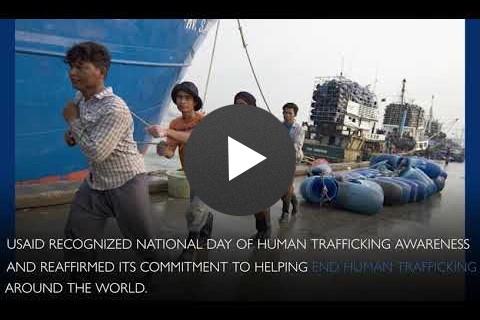
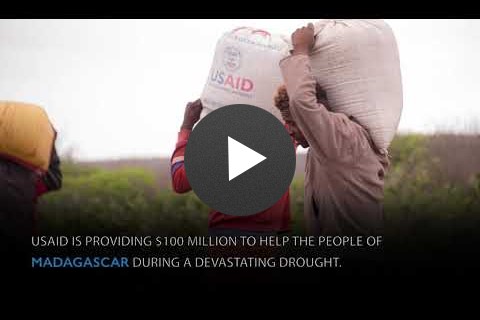
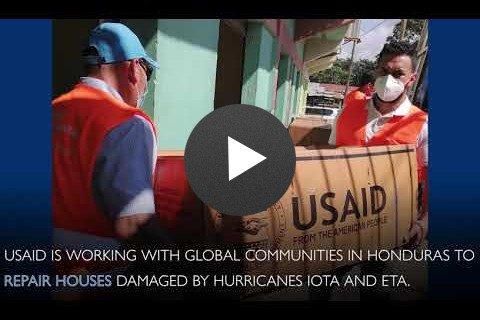
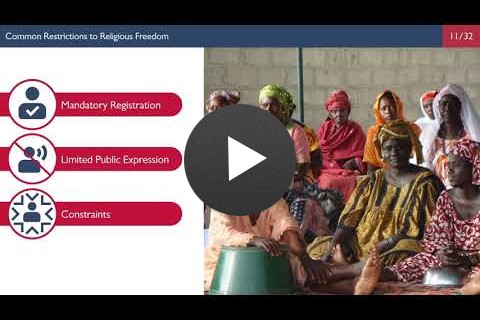
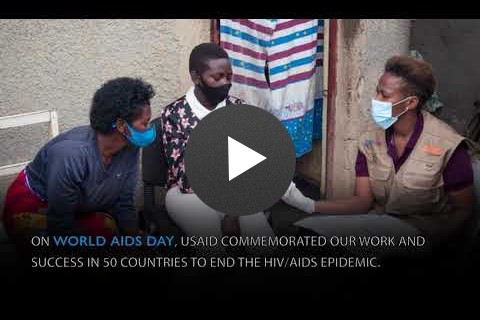
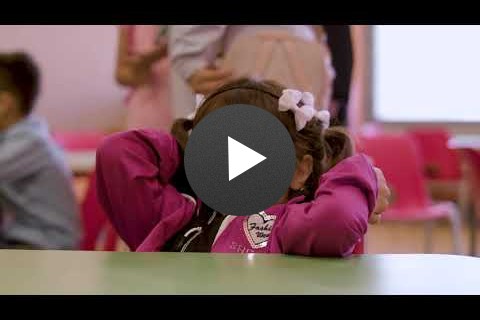
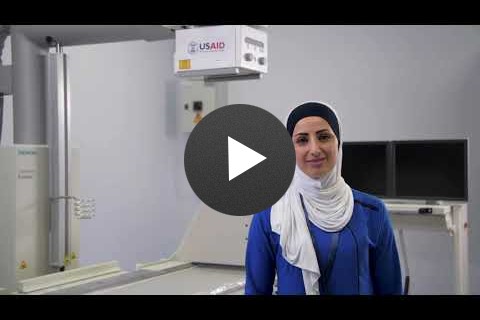
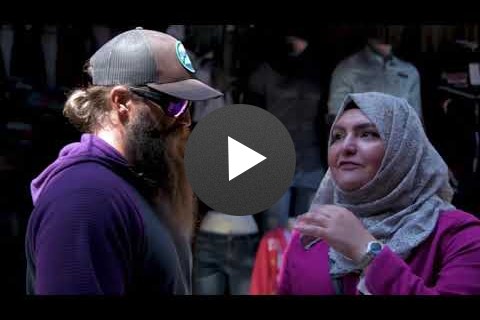
Comment
Make a general inquiry or suggest an improvement.